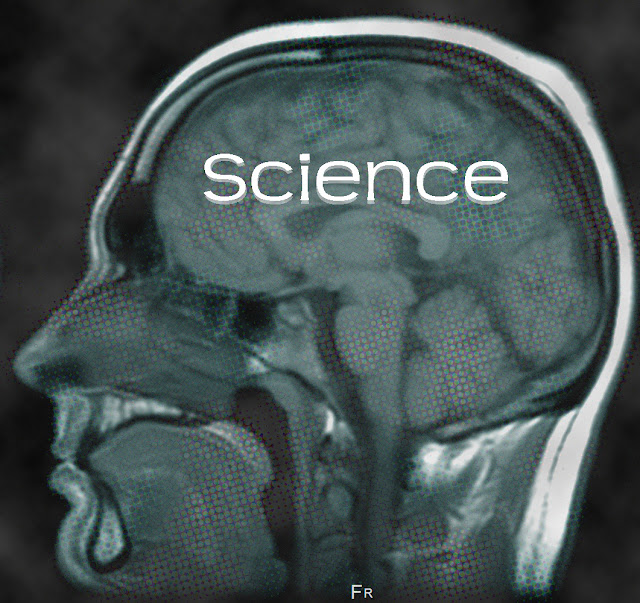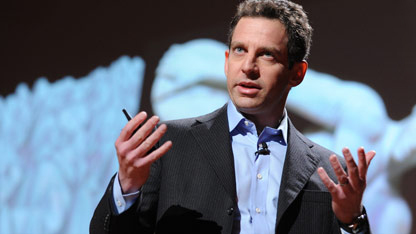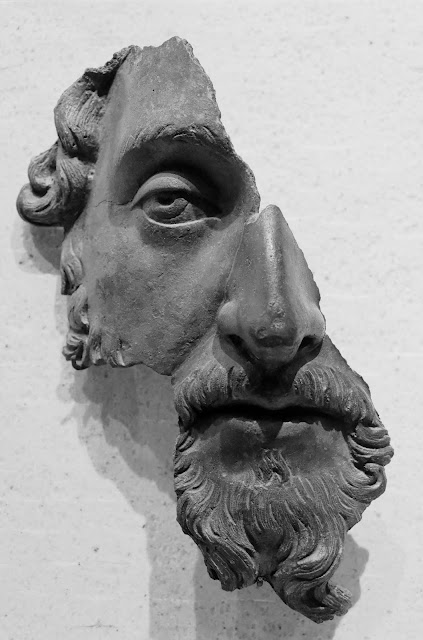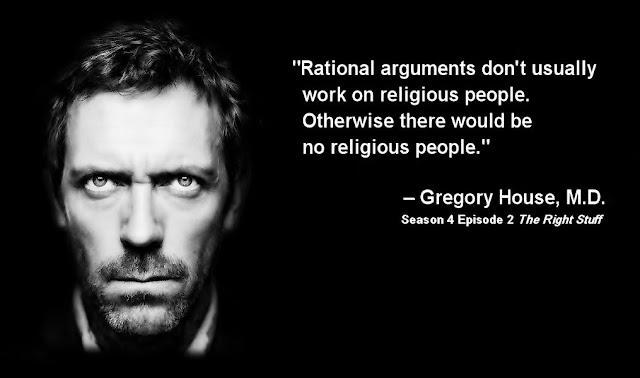Belief not Indicative of Truth

"The president of the United States has claimed, on more than one occasion, to be in dialogue with God. If he said that he was talking to God through his hairdryer, this would precipitate a national emergency. I fail to see how the addition of a hairdryer makes the claim more ridiculous or offensive." — Sam Harris (On George W. Bush, Letter to a Christian Nation ) One thing that aggravates me, and which I hear a lot from religious people, is that I shouldn't criticize other people's beliefs. What they are really stating is I shouldn't criticize their beliefs. Or more specifically, I should just let them have their beliefs just because, and calling their beliefs delusional or stupid (i.e., challenging their beliefs) won't change the fact that they believe in whatever it is they believe. Consider a recent comment I received from my dear Christian mother who posted it on my Facebook under public (as such it went out to al...








